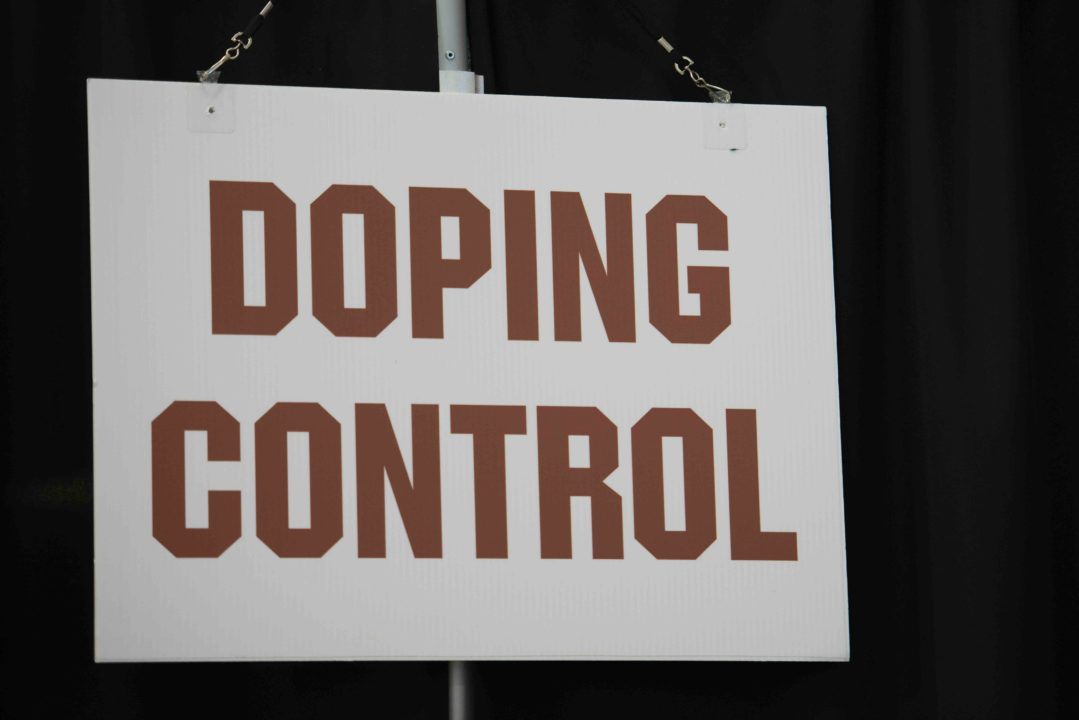The 2018 Winter Olympic Games conclude in Pyeongchang, South Korea this weekend, but not before at least 3 athletes have tested positively for banned substances, with 2 of those Olympians representing Olympic Athletes of Russia (OAR).
The first positive drug test was announced on February 13th, when Japanese men’s short track speed skater Kei Saito tested positive for acetazolamide, a prohibited diuretic. During a random test at the Olympic Village on February 4th, Kei tested positive, with his B sample also producing the same result. The athlete stated, “I think the only way I could have ingested a prohibited substance is without my knowledge.” The Japanese Olympic Committee said it would be providing ‘proper verification after the Games’, but the athlete has been provisionally suspended by the Court of Arbitration for Sport (CAS).
Not a nation known for prolific doping, Japan already suffered another doping violation earlier this year in the sport of swimming. As reported on January 15th, a swimmer competing at an intercollegiate competition in Osaka Prefecture back in September tested positive for an unspecified banned substance. Per the Japanese Anti-Doping Authority, the ‘swimmer took supplements produced overseas whose labels did not mention the banned stimulants they contained.’
Also in Pyeongchang, Russian curler Aleksandr Krushelnitckii, tested positive for meldonium, a drug designed to treat people with heart conditions, which was at the center of controversy back in 2016. Krushelnitckii and his wife/curling partner wound up medaling in the mixed curling event, but were stripped of their bronze in light of the 25-year-old’s positive outcome. Krushelnitckii still does not accept wrongdoing but said in a statement to Russia’s official State news agency, that it would be “stupid to deny” the results of two positive tests. (Inside the Games)
Then just today it has been revealed that a 2nd athlete representing the Olympic Athletes from Russia has tested positive. Nadezhda Sergeeva, a member of the two-woman bobsled team that finished 12th, tested positive for trimetazidine, a stimulant usually used to treat patients suffering from angina. This is the same substance for which multi-Olympic gold medalist swimmer Sun Yang tested positive and for which he subsequently served a 3-month suspension back in 2014.
Stanislav Pozdnyakov, head of the OAR delegation here in Pyeongchang, has criticised the athlete for “negligence”. (Inside the Games)
Interestingly, Sergeeva was reported among the set of Russians who tested positive for meldonium in 2016 but was cleared after the World Anti-Doping Agency (WADA) its ‘grace period’ whereby athletes testing positive for the banned substance would be found at ‘no fault’ if the test was taken prior to a designated date and under a certain amount.

Leave a Reply